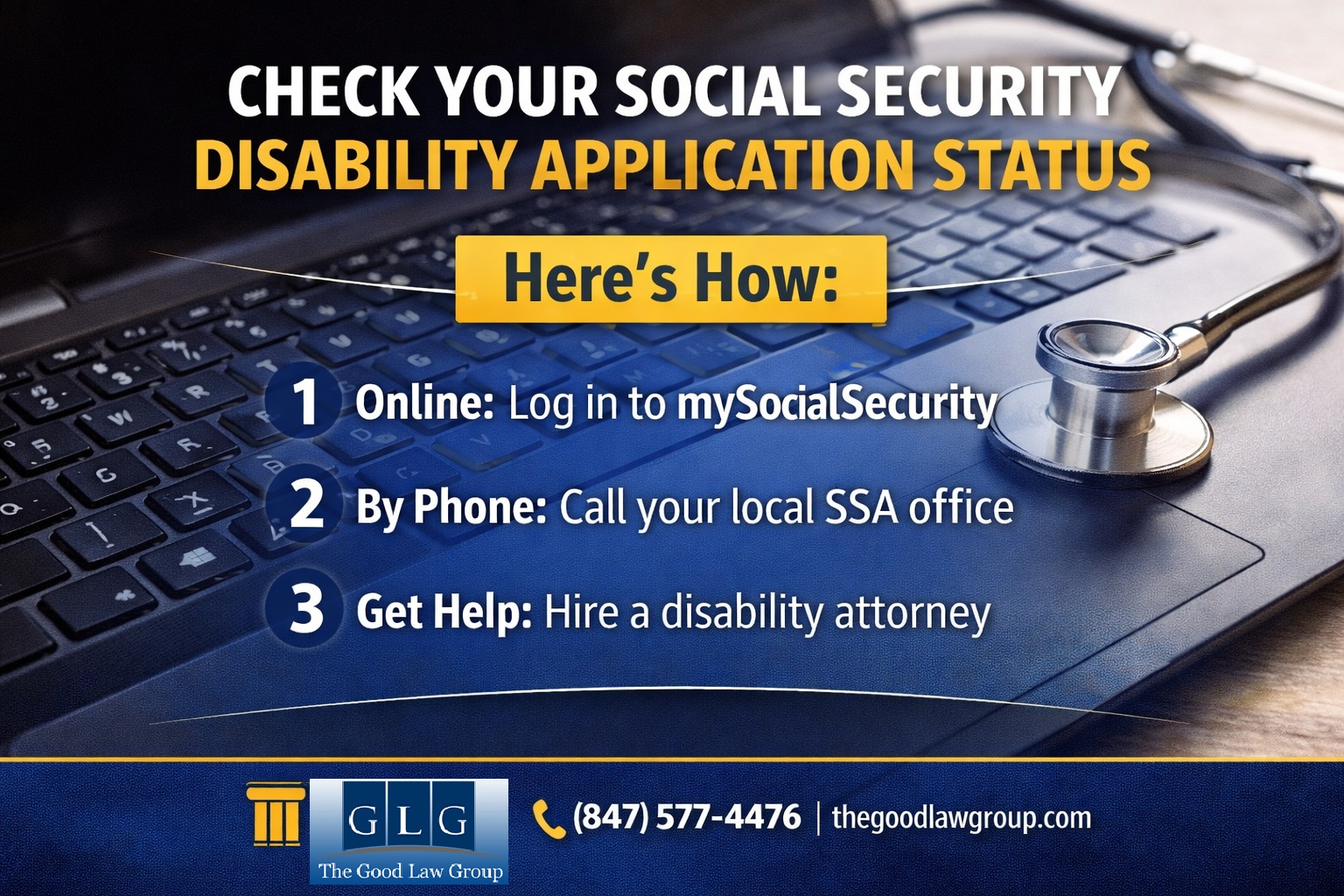Social Security Disability applicants often wait months to receive a final decision from the Social Security Administration (SSA) about whether or not they qualify for benefits. Understandably, many of these people are anxious to find out if they have been approved and are eager to begin receiving disability benefits.
However, once an applicant has been approved for SSDI benefits, he or she does not start receiving disability benefits right away. First, the applicant is sent an award letter from the SSA that explains how much the applicant will receive in monthly benefits and when the applicant will be eligible to start receiving those monthly payments.
Watch our video to learn more:

Payment in arrears
The SSA makes payments in arrears, which means the monthly check a recipient receives is not for the present month but is for the previous month. This setup normally will not affect the timing of a recipient’s payment except for the time when the recipient is waiting for his or her first check.
SSDI mandatory waiting period
For SSDI benefits in particular, the SSA imposes a five-month mandatory waiting period for applicants to start receiving benefits. This waiting period begins at the applicant’s onset date, or the date that the SSA determines the applicant’s disability began. For example, if an applicant became disabled during an accident on April 1st, the soonest he or she would be eligible to start receiving SSDI benefits would be October. The extra month in that period reflects time it takes to earn benefits under the payment in arrears system.
The waiting period can seem daunting to potential SSDI applicants. One thing to keep in mind is that the waiting ph2h2eriod has often already passed by the time applicants are approved for benefits because the process takes so long to become approved for disability benefits.
Amount of SSDI benefits
SSDI benefits are special in the sense that they are based on an applicant’s average lifetime earnings before his or her disability began. They are not based on how serious the applicant’s disability is or how much income the applicant has.
If an applicant is approved for SSDI benefits, the monthly benefits he or she will receive will be based on the amount of income the applicant earned prior to becoming disabled and how much the applicant worked in recent years.
Direct deposit for SSDI
In the past, the SSA gave disability recipients the option of signing up to have their monthly checks directly deposited into their checking accounts. This was a great choice for benefit recipients as it was the safest and quickest way to receive their monthly payments.
The SSA now requires recipients to receive their monthly benefits electronically. Recipients can choose to receive their benefits through direct deposit or through a program called Direct Express, where the benefits are placed on a pre-paid debit card.
Disability Benefits FAQ
How long does it usually take to receive SSDI benefits?
Most applicants wait 3 to 6 months for an initial SSDI decision. However, many people are denied the first time and must go through appeals, which can extend the process to 12–24 months depending on case complexity and hearing backlogs.
Why does the SSDI approval process take so long?
The Social Security Administration reviews medical records, work history, functional limitations, and doctor opinions. Delays often happen when medical providers are slow to send records or when additional evaluations are needed.
Can hiring a disability attorney speed up my SSDI case?
Yes. An attorney can help gather medical evidence faster, prepare forms correctly the first time, follow up with SSA, and avoid common mistakes that trigger delays. The Good Law Group handles these steps for you so your case moves as efficiently as possible.
What happens after I’m approved for SSDI benefits?
Once approved, most applicants receive payment within 1–2 months. Back pay covering the months you were waiting arrives in a lump sum or series of payments.
How long does it take to get SSDI back pay?
Back pay is typically issued within 60 days of an approval. The exact timing depends on your bank, the SSA processing queue, and whether you receive SSI alongside SSDI.
What can I do to avoid SSDI delays?
Keep detailed medical records, follow your treatment plan, update SSA about address changes, and submit paperwork promptly. Working with The Good Law Group helps ensure nothing gets missed.
When should I call a disability attorney?
You should contact an attorney as soon as you decide to apply, not just after a denial. Early representation helps build a stronger case and reduces the chance of errors that slow down the process.
If you are seeking assistance with obtaining SSD benefits and are applying for the first time, or have been denied SSDI benefits, consider the law office of The Good Law Group for your representation. Contact us online for a free case evaluation, or call (847) 577-4476.









